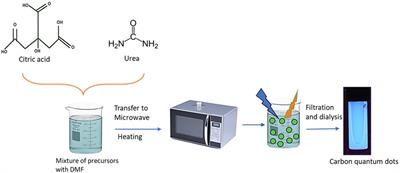REVIEW
Accepted on 30 Jan 2025
Integrating Computational Insights in Gold Nanoparticle-Mediated Drug Delivery: Enhancing Efficacy and Precision
doi 10.3389/fmedt.2025.1528826
101
Total downloads
1,421
Total views and downloads
You will be redirected to our submission process.
REVIEW
Accepted on 30 Jan 2025
ORIGINAL RESEARCH
Published on 28 Nov 2024


Manuscripts can be submitted to this Research Topic via the main journal or any other participating journal.
You will be redirected to our submission process.